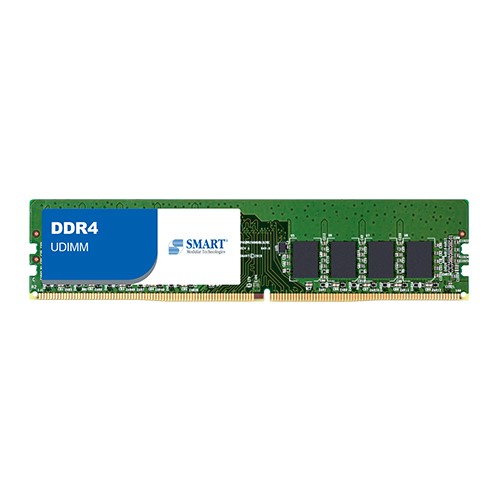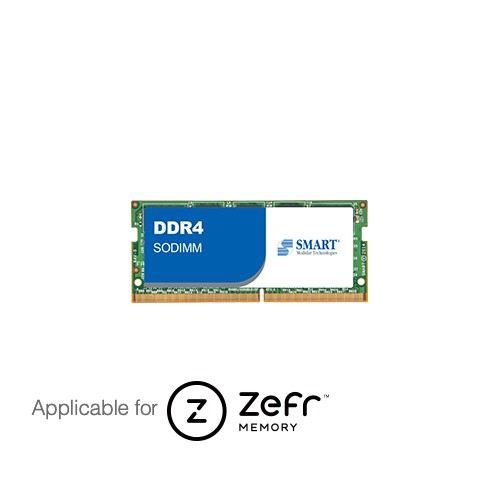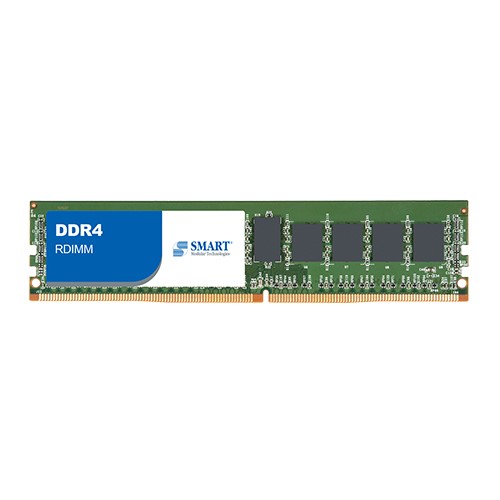SMART's SMTL ensures that its products are compatible with Intel®-based and AMD®-based servers from concept to production. SMART has a broad range of comprehensive system test process, an Engineering Failure Response Team (EFRT) for failure analysis, and an extensive design support for customers.
Why SMTL?
Because SMART manufactures memory modules for Tier-1 OEMs and DRAM suppliers, we are fully aware of the system-level, PCB-level, IC-level, and thermal issues that affect system stability, data throughput, and overall system performance. With its SMTL services, SMART ensures that its products are compatible with Intel-based and AMD-based servers from concept to production.
How Does It Work?
SMART's component engineering management team follows up with vendors by having the vendor provide a VFA report. Its component engineering team reviews the results to make sure they are accurate and complete. If needed, the team can follow up with the vendor if any purges need to be made, or if the team can help implement any date code restrictions. SMART's level of technical support continues to be an industry differentiator among memory manufacturers.

Broad Range of Testing
SMART has a comprehensive system test process, including voltage margining, modified high-stress test software, and BIOS change support.

Failure Analysis
The Engineering Failure Response Team (EFRT) designs, tests, reviews for NPI (New Product Introduction), and for application testing. The EFRT also supervises, conducts, and reviews all stages of Failure Analysis.
Failure Analysis Flow: (1) Leakage/Crack (2) Internal Bank/Component (3) Pattern/Component (4) System Level Testing (SLT) includes temperature, time, and generic/custom systems


Design Support
SMART provides extensive design support for customers, including (1) DIMM design sponsorships (2) Evaluation of other DRAM suppliers' designs (3) SMART provides IBIS models and other design modeling support, thermal models, mechanical models, and power consumption.



